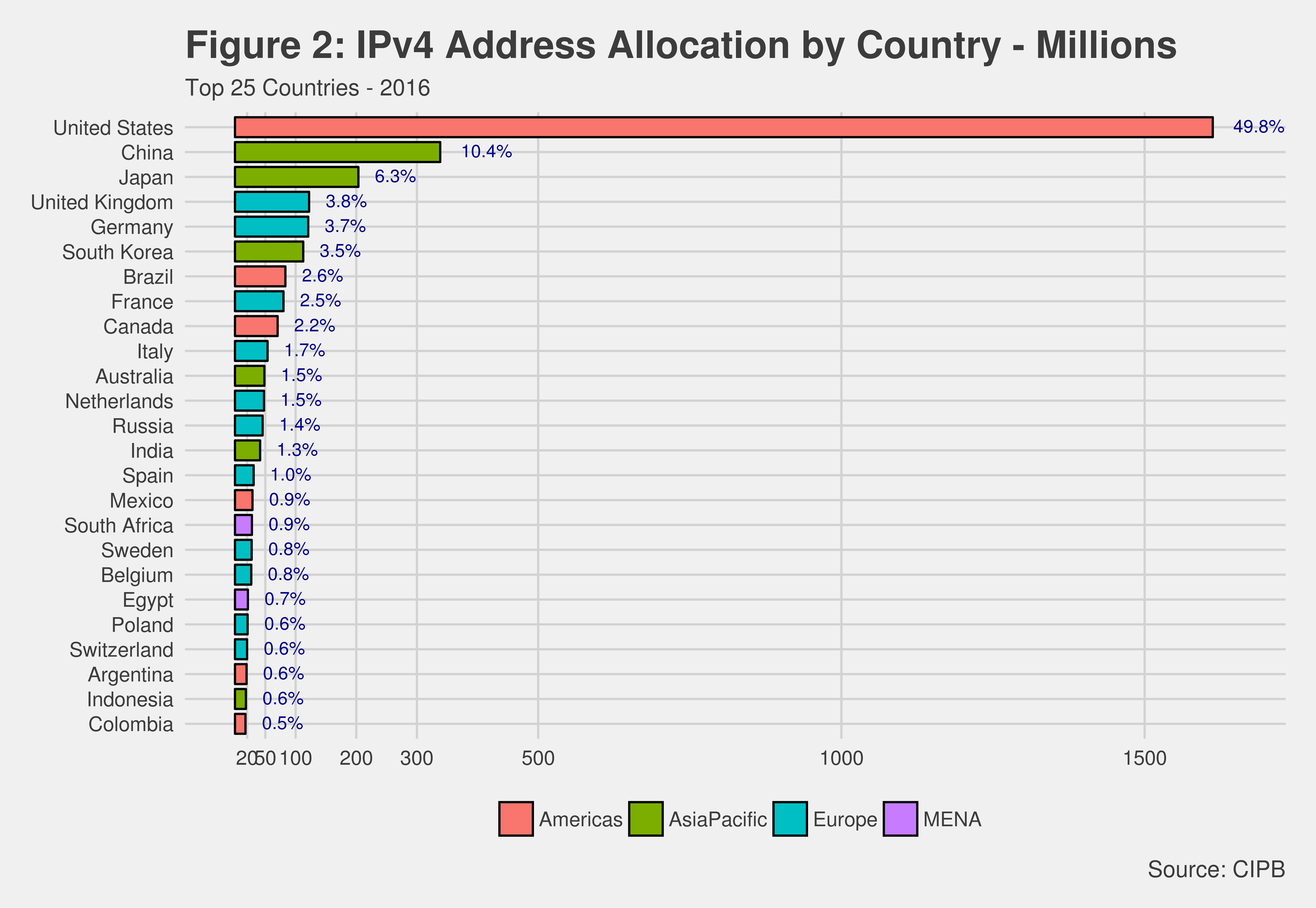
Of course English is spoken in other countries, and other countries have high numbers of internet users, but it does not follow that English is a commonly used language for internet users in other countries. Most Chinese are probably speaking Chinese, most Indians are probably speaking Hindi.
The IPv6 graph you linked shows that adoption is still less than 50%, and I’m not clear on their methodology… does “users that access Google” mean users with Google accounts? or individual users that use google.com? or does it include all of their cloud services? do web servers linking content from Google Ads count? does this data represent mostly end users, or also infrastructure connections?





🎶 the love bug is a little old car that we can ride together 🎵